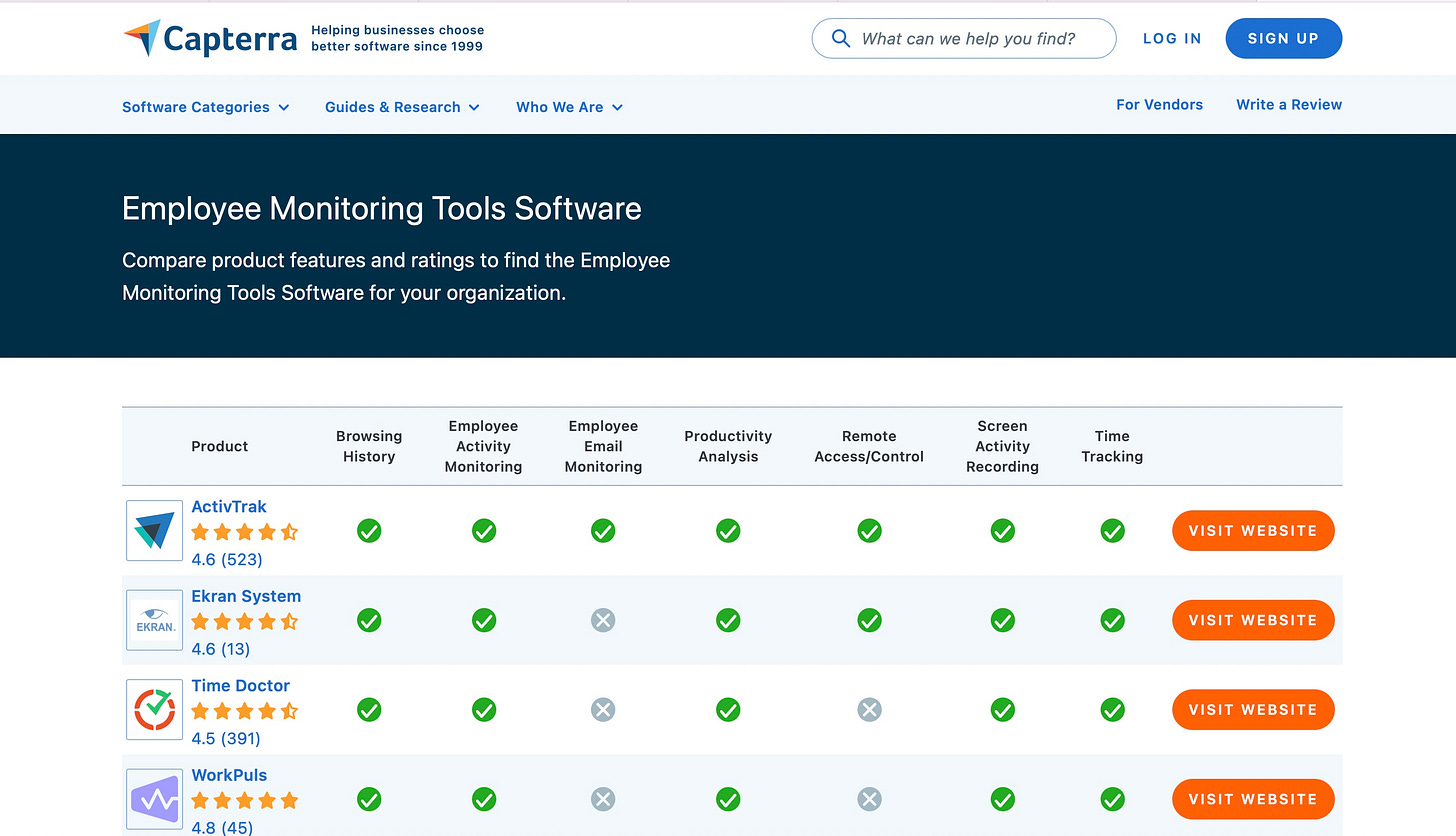Would you work from home for less pay?
Some employers are asking staff who work from home to take a pay cut. Would you?
Following the pandemic it is questionable if we will ever fully return to the office and work the 9 - 5, like in the old days! There has been a huge shift change in both our attitude to work and where and when we work.
Something that was forced upon us has taken hold and many workers are now reluctant to return to their old ways. I recall at the start of the pandemic I was busy handing out ‘Work from Home’ policies.
We were unsure how working from home was going to pan out and many of my clients were sceptical as to any perceived benefits that working from home could bring. They could only see the downsides; lack of supervision, lack of motivation, failing to work as a team, not putting a full day in etc.
However, within a short period everything seemed to click into place relatively smoothly and business (in the main) continued. Obviously working from home was not an option for everybody, but for those businesses where it was possible it is going to be difficult to encourage staff back into the office without a good reason.
I’m not saying businesses need a valid reason every time. After-all, a correctly drafted document, whereby staff agree to a temporary arrangement to work from home will naturally have an end date and an instruction to return to the workplace at the appropriate time.
But if there is no such agreement and productivity remains as high as pre-pandemic, why ask staff back if they wish to continue with the status quo? A number of my clients are in this very situation and are now considering making working from home a permanent fixture, whether it’s for the full, or just a part of the working week.
This has given them the opportunity to re-evaluate the size of their business premises. Do they really need such a large building and all the accosted costs which come with it? A number are simply letting their leases expire and moving to smaller premises outside the prestige city centre/town centre locations. It makes sound business sense.
So, now that businesses are making savings on expensive office space, staff are saving too. No more (or reduced) commuting saving them time to do other things, savings on vehicle expenditure, savings on business lunches, business attire, endless lattes and cakes on staff birthdays.
Staff can set up their home office as they wish and more often than not they are more productive. They are happier and have a far better work/life balance. They may be more loyal to the business and the working from home may attract more candidates from diverse backgrounds.
It would appear to be an arrangement which benefits both the employer and the worker, increases productivity and saves costs - what’s not to like? It’s a win win.
But some employers have sought to save even more money by seeking to cut their wage bill. Their argument is that now employees are able to work remotely they are saving huge sums on the daily commute and other ancillary costs associated with attending the workplace.
Can an employer unilaterally reduce pay citing the above reasons? The answer is ‘yes’ but it would unwise, or even foolish to do so.
Firstly, from a legal perspective, a workers pay is set out in their terms and conditions of employment (employment contract). Pay is a fundamental employment term, meaning it goes to the root of the relationship and is agreed between the respective parties when the job offer is made and the worker accepts. To unilaterally reduce a workers pay would breach the fundamental term and it would naturally entitle the worker to seek redress, via unfair dismissal or an unlawful deduction from wages claim or both.
Such an action is fraught with danger, so in order to consider making any reduction in pay there must be full consultation, and in my experience,
regardless of how much consulting the parties do, it is unlikely the worker will willingly agree to a reduction in pay.
That doesn’t mean such a course of action is beyond the realms of possibility. Some staff may feel the benefits of working from home far outweigh a pay cut and will agree to it - best of luck with that!
That being said, working from home has cost implications for the worker. Heat, light, broadband, printer, etc are all costs which may or may not come within the home working agreement with their employer.
I note some employers are placing tracking software of staff computers so they can monitor remotely - something I find somewhat disconcerting. Some monitor keyboard strokes whilst other software actually films the worker at their desk! If you can’t trust your staff to work from home without supervision perhaps it would be better to have them back in the office.
In conclusion, asking staff to take a pay cut whilst working from home is probably not a sensible idea. Companies are saving costs as it is, and expecting workers to take a pay cut will do nothing more than create a fairly disharmonious working environment.
Productivity will increase, staff moral will increase and staff retention will increase if staff receive their full pay whilst working from home, so my suggestion to employers is to leave it as it is and be grateful that you can save in other areas.
One point I briefly mentioned earlier is the implementation of a ‘Work from Home Policy’. It is good practice to set out the parameters for home working detailing such things as;
expenses,
health and safety,
security and data protection
confidentiality etc
If you are a worker and you are contemplating, or wish to continue, working from home ask your employer if it has such a policy.
Homeworking Policy
If you’re an employer and you need a policy, get in touch - I can supply one which covers everything you need to ensure your business is compliant at a very reasonable £29.99 (£9.99 for paid subscribers).
Please email me if you would like further details.
Subscription
As of Monday next week I am moving to a subscription based model for the full service. I will still put out a free version from time to time to keep everybody updated and will of course answer a few Q&As.
I have set the subscription at £7.99 which I think is reasonable, as I do spend a considerable time each week creating the content for the;
newsletter
Case of the week
Q&As
(soon to be released podcast)
Free or discounted letter templates, policies and procedures
I hope you will support me and consider taking a subscription, which of course can be cancelled at any time. I would be really grateful!
Yorkshire chef sacked for taking sick leave after ectopic pregnancy wins £17,000 unfair dismissal payout
Hannah Pawley was fired from Hanley’s Restaurant, Driffield, after she took three weeks sick leave to recover. The restaurant run by head chef Sean Hanley, refused to pay her the statutory sick leave which she was legally entitled to whilst she was off work, a tribunal ruled. Yorkshire Post
British Airways worker wins £2,000 payout after she was sacked for taking time off following surgery to treat her endometriosis
Cordelle Scotland, 39, took time off after an operation for the gynaecological condition and was criticised by a boss who suggested she should have instead swapped some of her shifts with a colleague. Miss Scotland, who worked at Heathrow Airport as a customer services representative, failed her probationary period in February 2019 and was told she had been sacked for absence and being late to work 13 times. Daily Mail
Topps Tiles sacked manager who stood up to 'world's worst customer'
Garry Hardy, 60, stepped in to help a colleague when a ‘large, ‘loud’ and ‘aggressive’ man came into the Topps Tiles shop to moan about an order and demand a discount, the tribunal heard. The angry customer became abusive before Mr Hardy asked him to leave and gestured while holding a cup of tea – 'accidentally' splashing the customer in the face. Grimsby Live
Office administrator who suffered a miscarriage was sacked when bosses refused to give her more time off work because it was an 'inconvenience', tribunal rules
An administrative worker who suffered a miscarriage was sacked when her bosses refused to give her more time off because it 'inconvenienced' them, an employment tribunal has ruled. Chantelle Nicholson, who worked at Willowbank Holdings, a real estate company in Stanmore, Middlesex, was told to go on 'sick leave for a few weeks' after telling her boss Pradnya Naigaonkar what had happened. Daily Mail







